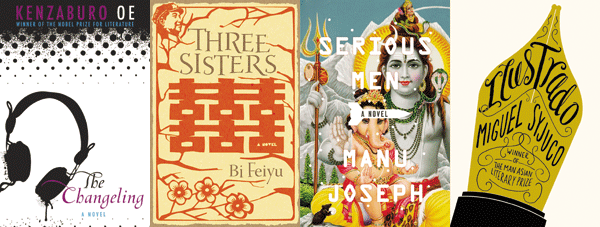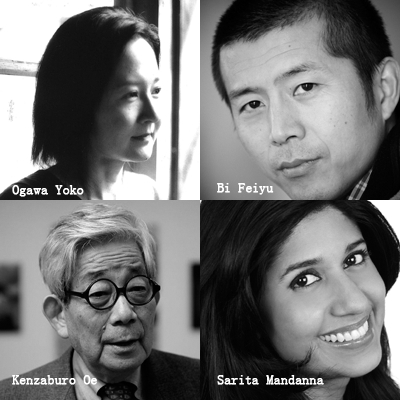Stars on the horizon
Updated: 2011-01-14 11:21
By Ann Williams (China Daily European Weekly)
|
|||||||||||
The 'longlist’ for Literary Prize raises strong hopes about future of East Asian writers of English books
 |
The "longlist" for the Man Asian Literary Prize is out, and with it the countdown to the moment of reckoning has begun. Not only does the list, which was released just before Christmas, include no fewer than six authors from India, it also features Kenzaburo Oe, the Japanese writer, who won the Nobel Prize in literature in 1994. Also in the reckoning are Bi Feiyu from China, Yoko Ogawa from Japan and Criselda Yabes from the Philippines.
Founded in 2007, the Man Asian Literary Prize is an annual award given to the best novel by an Asian writer, either written in English or translated into English, and published in the previous calendar year.
The longlist will be followed by a shortlist of five to six titles next month and the winner announced in Hong Kong on March 17.
 |
The winner is get a cash prize of $30,000 (23,000 euros) and the translator (if any) $ 5,000.
The Indian dominance in fact defines a trend. Since the 1970s, there has been an almost endless stream of best-sellers and critically acclaimed books from the sub-continent where English remains the lingua-franca for much of the educated middle class.
Are writers from East Asia always destined to be the "poor cousins" of the likes of Rohinton Mistry, Arundhati Roy, Amitav Ghosh and Vikram Seth?
That very few Chinese, Japanese, Korean and other East Asian authors write in English means their publishers need to find talented and competent translators. Also, an author who speaks little or no English is not going to get himself or herself on to the English-language literary festival circuit.
However, there's no need for pessimism. The honor, says Professor David Parker, chair of the board of directors of the Man Asian Literary Prize, celebrates the wealth, depth and variety of literary talent across the breadth of Asia.
According to Peter Gordon, who set up the Man Asian Literary Prize and ran it for its first two years, writers of East Asian origin are increasingly entering the English-language mainstream directly.
"Xu Ruiyan (of The Lost and Forgotten Languages of Shanghai fame) is an example. However, writers from Asia still face impediments. One of which is, of course, translation," adds Gordon, who is also the editor of the Asian Review of Books.











